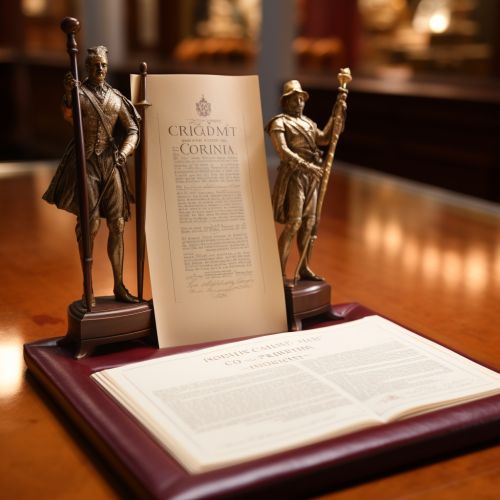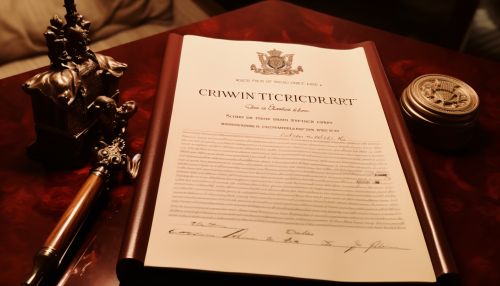International Covenant on Civil and Political Rights
Introduction
The International Covenant on Civil and Political Rights (ICCPR) is a multilateral treaty adopted by the United Nations General Assembly. It commits its parties to respect the civil and political rights of individuals, including the right to life, freedom of religion, freedom of speech, freedom of assembly, electoral rights and rights to due process and a fair trial.


History and Development
The ICCPR was adopted by the United Nations General Assembly on 16 December 1966 and came into force from 23 March 1976. The covenant followed the Universal Declaration of Human Rights (UDHR) and is part of the International Bill of Human Rights, along with the International Covenant on Economic, Social and Cultural Rights (ICESCR) and the Optional Protocols.
Structure and Content
The ICCPR consists of a preamble and 53 articles, divided into six parts. The preamble recognizes the inherent dignity and the equal and inalienable rights of all members of the human family is the foundation of freedom, justice and peace in the world.
Rights Protected
The ICCPR outlines a range of civil and political rights. These include:
- Right to life (Article 6)
- Freedom from torture (Article 7)
- Freedom from slavery (Article 8)
- Right to liberty and security of person (Article 9)
- Right to fair trial (Article 14)
- Freedom of thought, conscience and religion (Article 18)
- Freedom of opinion and expression (Article 19)
- Right to peaceful assembly (Article 21)
- Right to take part in public affairs (Article 25)
Implementation and Monitoring
The ICCPR is monitored by the United Nations Human Rights Committee, a body of independent experts that reviews regular reports of States parties on how the rights are being implemented.
Criticisms and Controversies
While the ICCPR has been instrumental in promoting and protecting civil and political rights, it has also been subject to criticism. Some argue that the covenant is Western-centric and does not adequately consider cultural relativism.
